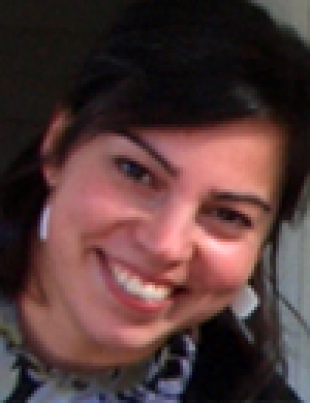Dr. Junkal Landaburu Aguirre obtained her doctoral degree in 2012 at the University of Oulu, Finland. Her PhD thesis was focused on the removal of heavy metals from phosphorous rich wastewaters using membrane technology (Micellar-Enhanced Ultrafiltration). After defending her thesis she continued working at the University of Oulu as a postdoctoral researcher. During this period, she made a one-year research stay (01/01/2014-31/12/2014) in the Chemical and Environmental Engineering group of the University Rey Juan Carlos, Spain, where she focused on the preparation of thin film composite membranes with nanoparticles. She joined the research institute IMDEA Water located in Madrid Spain, in January 2015 with a Marie Curie AMAROUT II fellowship. She has participated in 14 national and international projects, most of them focused on industrial wastewater treatment by membrane technology and with a wide international and industrial collaboration. Her research interest focuses on the implementation of membrane technology from the circular economy approach. Under this context, she has participated in the European LIFE-Transfomem project (life-transfomem.eu) and the Spanish national project INREMEM (inremem.simplesite.com), both focused on the recycling of end-of-life Reverse Osmosis membranes.
Invited Talk (Resources Recovery)
A circular economy approach in membrane technology: Recycling of end-of-life Reverse Osmosis membrane
Junkal Landaburu Aguirre
IMDEA Water Institute, Spain
The current economy is based on a lineal model, which follows the pattern of “take-make-consume and dispose”. Industrial processes that use membrane technology are not an exception of the current economy model and membranes tend to be discarded when the flow rate/water quality is unrecoverable. In desalination, the annual membrane replacement percentage is around 10-20%. This, together with the continuous growth of reverse osmosis technology, is creating a non-stop accumulation of end-of-life reverse osmosis membranes that usually end up in landfills. It is estimated that the desalination industry annually disposes of >840,000 end-of-life RO membranes worldwide (equivalent to >14,000 Tn/year).
Membrane recycling is a potential alternative management route that should be further explored following in this way the circular economy approach. The study shown is focused on the transformation of end-of-life RO membranes to ultrafiltration and nanofiltration membranes at pilot scale. The results presented were obtained in the European LIFE-TRANSFOEMEM project (life-transfomem.eu).



